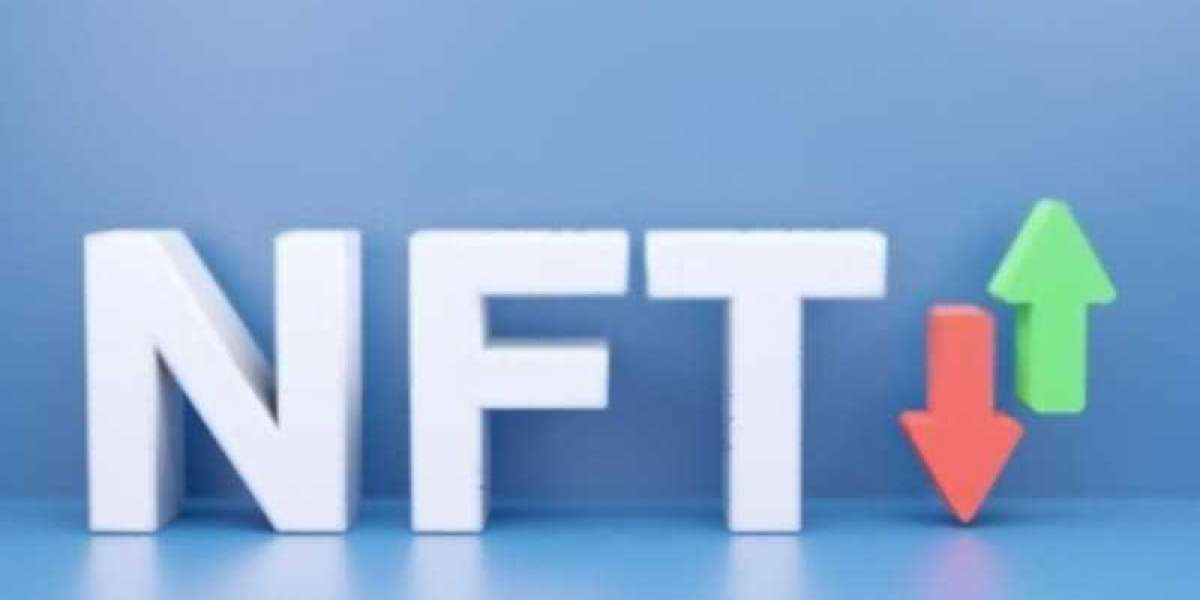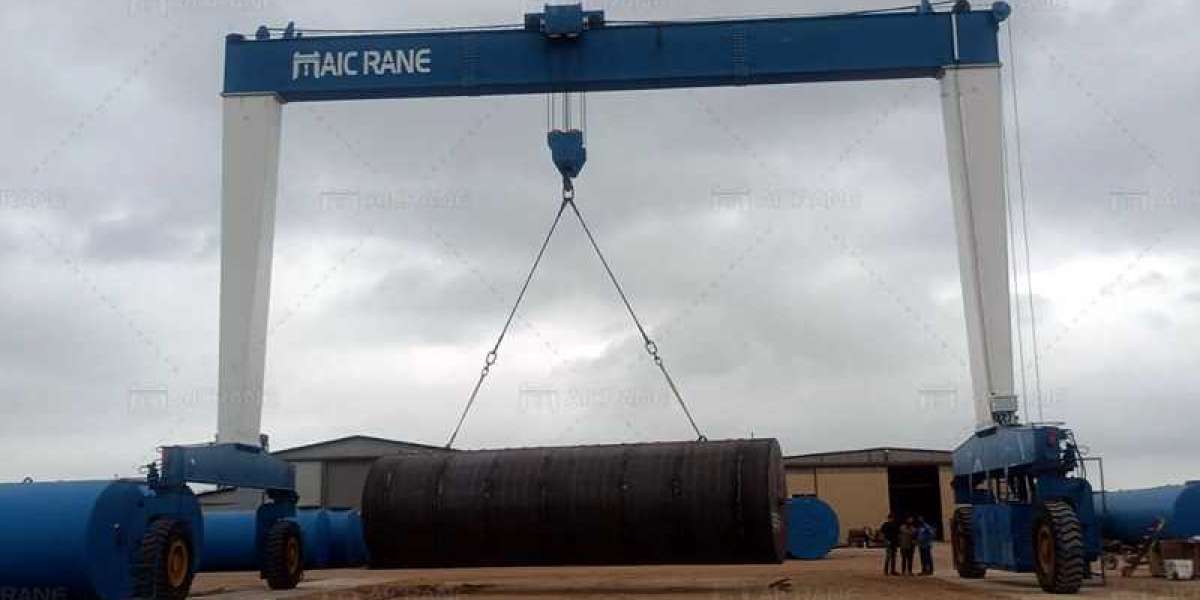Blockchain technology is revolutionizing various industries, and the NFT marketplace is no exception. NFTs or non-fungible tokens are unique digital assets that can represent anything from art, music, videos, and more. The ownership of an NFT is verified on a blockchain network, providing a transparent and secure method of transferring and storing ownership of digital assets. In this article, we will explore how blockchain technology is revolutionizing NFT marketplaces.
Immutability and Transparency
One of the most significant advantages of using blockchain technology in NFT marketplaces is its immutability and transparency. Every transaction that occurs on a blockchain network is recorded on a distributed ledger, making it virtually impossible to alter or delete the data. This ensures that the ownership of an NFT is transparent and tamper-proof, eliminating the risk of fraud or theft. Furthermore, this transparency provides the buyer and seller with confidence in the transaction's legitimacy and history, which ultimately leads to increased trust and higher sales.
Smart Contracts
Another feature of blockchain technology that is revolutionizing NFT marketplaces is the use of smart contracts. Smart contracts are self-executing agreements that are programmed to perform specific actions automatically when certain conditions are met. In the context of NFTs, smart contracts can be used to automate the payment process, eliminate intermediaries, and facilitate the transfer of ownership. This not only reduces transaction costs but also ensures a faster and more secure transaction process.
Decentralization
The decentralized nature of blockchain technology is another significant advantage in NFT marketplaces. Decentralization means that no central authority or middleman is controlling the transactions or the assets. Instead, every node on the network has a copy of the ledger, and all transactions are verified and approved by the network's consensus algorithm. This ensures that there is no single point of failure, and the ownership of an NFT is secure and distributed among all participants.
Global Accessibility
Blockchain technology also enables NFT marketplaces to be accessible globally. With traditional art, music, and video marketplaces, buyers and sellers are often limited by geographical barriers. However, with NFTs, anyone with an internet connection can buy and sell these digital assets. This global accessibility not only expands the market but also creates new opportunities for creators and collectors worldwide.
Fractional Ownership
Fractional ownership is a new concept that is gaining traction in the NFT marketplace. Fractional ownership enables multiple individuals to own a share of an NFT. This allows collectors to own a portion of a high-value asset, which may have been unattainable otherwise. Fractional ownership is made possible by using smart contracts and blockchain technology to manage the ownership and distribution of the asset.
In conclusion, blockchain technology is revolutionizing NFT marketplaces by providing transparency, security, and accessibility. The use of smart contracts, decentralization, and fractional ownership is creating new opportunities for creators, collectors, and investors alike. As the NFT market continues to grow, blockchain technology will likely play an increasingly important role in facilitating the buying and selling of these unique digital assets.






